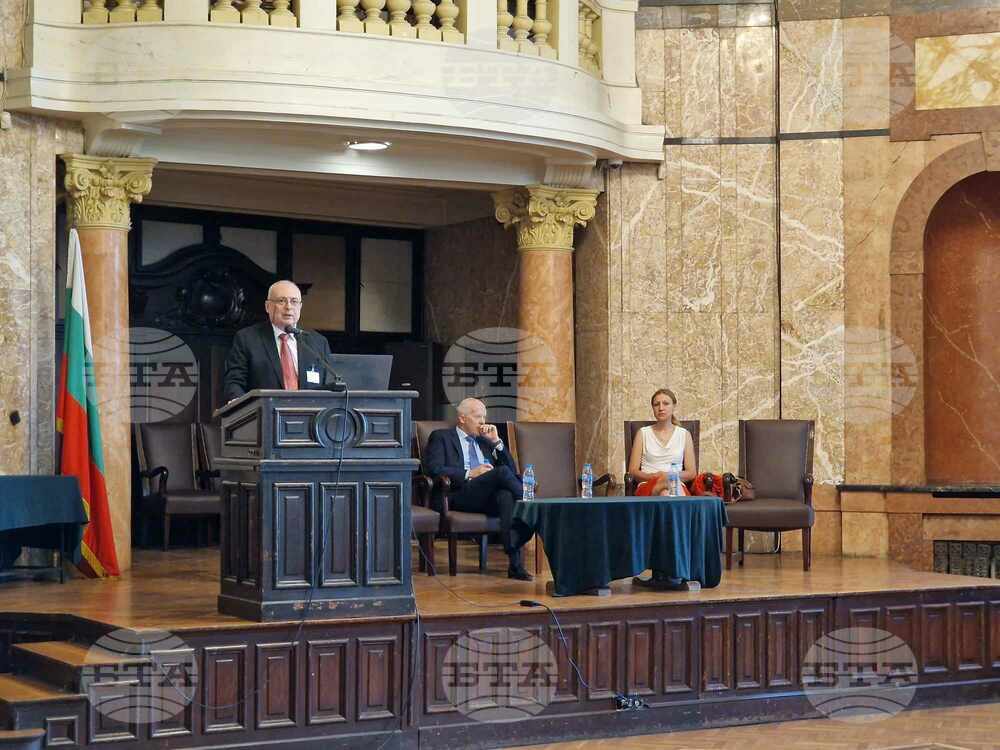site.btaLow Investment in Fixed Assets, Manpower Shortage Limit Bulgaria's Growth Potential


There are two main factors that limit the long-term growth potential of the Bulgarian economy. The first is the low levels of investment in fixed assets. The second is the lack of skilled and unskilled employees. This is one of the leading conclusions of the analysis presented on Monday by the Council for Economic Analyses (CEA) under the Council of Ministers on Bulgaria's economic situation by 2023.
The overview of the annual report of the Council, which includes the economic analysis, was made by Assoc. Prof. Kaloyan Ganev, member of CEA and lecturer at the Faculty of Economics of Sofia University.
There are two leading conclusions in the dynamics and structure of economic growth, he said. The first is the detected slowdown in 2023. The main explanation for it is that Bulgaria’s very small economy remains highly dependent on external demand in the EU. The other factor undermining growth is the growth in private consumption, which has been unsustainably high in recent years given the outflow of investment.
Ganev also drew attention to observations on unemployment and the labour market in the country. Overall, the results show very low unemployment rates for Bulgaria, even among the lowest in Europe.
"The explanation here is that the labour market is very tight. There is a scarcity of capable employees and to some extent of unskilled workers," Ganev explained. This is another area that risks becoming a factor weighing on the growth potential of the national economy if policy decisions are not taken, he said.
/RY/
news.modal.header
news.modal.text